Private school kids in a public school town
See how negative stigmas surrounding private school students are affecting their social lives. And… Why these preconceived ideas aren’t always as true as one would think.
Negative stigmas surrounding both public and private school students have always been around. But do they need to be?
Whether we like it or not, stereotypes are a thing. A bad thing. And prep school environments like Saint Stephen’s are no exception. Prep school students are often thought of as spoiled, privileged, stuck-up kids who get whatever they want. These preconceptions of independent high school students have been around for a long time and recently, they have been growing increasingly more negative.
These assumptions are often made because of the amount of money a student or their parents have. But these stereotypes, or generalizations, may be more misconceived than one would imagine. It’s important to look at where those ideas are coming from, why they are still so prevalent, and how they affect students who have to live with them.
Senior Meg LaFollette, a Saint Stephen’s student and member of the Mock Trial Team, said that during “Mock Trial competitions [the public schools] had a bias towards our team.”
She added, “No one would want us to win because [we] have a history of success.”
LaFollette explained that this was probably so because their competitors believe that Saint Stephens, being a private school, “has many useful resources like Mrs. Murphy [a seasoned teacher] and a lawyer that helps with the team.” The senior added that this experience, “can be frustrating because our success isn’t attributed to our effort; it is credited to the resources we have access to.”
The reality is, according to LaFollette, that the team goes to the courthouse and puts aside two and a half hours to practice every day, as well as occasional practices on weekends. Mock trial also has homework, even though it isn’t an individual class like it is at many other schools.
LaFollette also says that while Saint Stephen’s is supported by some very useful resources, they have some disadvantages too: “We aren’t supported by government funding to go to competitions like some other schools are.”
Kaitlyn Liebel, a sophomore at Saint Stephen’s, said that while sailing, an activity mostly filled with public school kids, she, “tends to not wear nice clothes,” because she doesn’t want to be affiliated with the common stereotypes of being rich and preppy. Liebel said she feels obligated to do this because of some people making fun of her, which caused her to hide that part of herself.
“It is easier to be myself at sailing because I don’t feel associated with private school stereotypes,” Liebel said.
Private schools have a reputation, at least from an outsider’s perspective, to be only accessible to the select few who are wealthy enough to afford them. This leads to the common belief that private school students are snobby, spoiled, and stuck-up.
To many, Bradenton is considered to be a public school town because the majority of students attend public schools. But there are plenty of students who go to private schools who are no different than many public school students, participating in the same types of activities, such as going to football games, hanging out with friends, and sharing Bradenton as a whole.
Public school students, when asked what their assumptions are about private school kids, provided answers that were quite similar.
Lauren Mcgill, a senior at Lakewood Ranch High School, said she thinks of private school students as, “Preppy rich kids.”
Sam Bowers, a sophomore at Manatee High School, said they’re, “usually rich and stuck up.”
Several other responses followed this pattern. These stigmas cause attendees at private schools to have a bad reputation without ever having met their peers, preventing relationships from being formed due to preconceived ideas, which are oftentimes inaccurate.
Saint Stephen’s sophomore Leah Schlossberg is just one of the many who have experienced this prejudice because of where she gets her education.
“People have judged me on multiple occasions,” Schlossberg said, “making up assumptions about me which weren’t at all true.”
One time when she was introduced to someone from a public school, he openly said that he, “doesn’t mess with private school kids,” when he found out that she attended Saint Stephen’s. Interactions like these go to show how stereotypes can affect students’ lives.
Family income is a big aspect of why others place judgment upon private school students. They believe that since the schools often cost high tuitions all of the families must be extremely well-off.
This isn’t necessarily true for all students. An anonymous junior at Saint Stephen’s said, “While many of my classmates attend Saint Stephen’s almost solely due to their financial status, there are many students like myself that are here because of our hard work, as well as the support of my family.”
The source explained how if it wasn’t for his dedication, and the help of his parents, he wouldn’t have been able to attend a private school like Saint Stephen’s.
“It was my hard work, rather than the luck of being born into a wealthy family, which earned me the scholarship funds necessary to get a private school education.”
The source said he, “was fortunate enough to be accepted into a highly-selective scholarship program for high-schoolers across the US.”
His parents also contributed to him being at SSES, even though they are not wealthy enough to pay full tuition at SSES. “The hard work of both of my parents and the sacrifices that they’ve made in their own lives,” the source said, “also greatly helped to pay for a portion of my tuition, which I am extremely thankful for.”
While private schools often require a large investment, not all students, in the end, come to pay the full tuition. Many independent schools, including Saint Stephen’s, have financial aid in the forms of need-based tuition assistance and scholarships. Most private schools also provide alternative payment plans, such as making monthly payments instead of a lump sum.
For example, according to Mr. Hartnett, the Chair of Saint Stephen’s Tuition Assistance Committee and the school’s CFO, “about 20% of students attending Saint Stephen’s are assisted by financial aid.” Also, all re-enrolling students, regardless of need, receive a tuition discount and families with more than one student receive additional discounts.
One association that Saint Stephen’s accepts scholarships from is The Florida Tax Credit (FTC) Scholarship Program. This program “encourages private, voluntary contributions from corporate donors to non-profit scholarship-funding organizations (SFO’s) that award scholarships to children from low-income families.”
Families who have a child in any grade level, kindergarten to 12th grade, may apply to the Florida Department of Education to get financial aid. The program was established in 2001 and has been helping families across the state for just as long.
According to the FTC, “During the 2017-2018 school year, scholarships in the amount of $641 million were awarded to a total of 108,096 students enrolled in 1,818 participating Florida private schools.” This, already being a huge amount of money and great financial assistance to families, doesn’t even reach the maximum amount that the state may award, which is $873 million in credits.
Scholarships can also be given to Saint Stephen’s students through various outside donors. These donors comprise past founders of the school, past or present-day families, and others.
Donors determine how they want their funds to be used, and the student or students who fit those criteria receive the award. These awards are usually given to students who show academic or athletic excellence or have significant community service hours. This means that many students that normally wouldn’t receive a private education can, due to Saint Stephen’s community outreach program.
So, why is this negative stigma still so prominent in today’s society? Because no one is putting effort into stopping it. Students from different backgrounds aren’t getting to know each other. Instead, they are letting others determine who they are based on judgments and preconceived ideas about them.
To overcome these stereotypes of private schools, students of both private and public schools ought to keep an open mind about one another without letting outside opinions affect their judgment. By having more collective events featuring both public and private school students, people would have the ability to get an accurate interpretation of each other, based on real factors. This would also bring students to realize that their differences aren’t extreme at all and that they most likely have more in common than they think.
Although the school someone goes to may be apart of their overall identity, the stereotypes which surround it should not define who they are as a person.
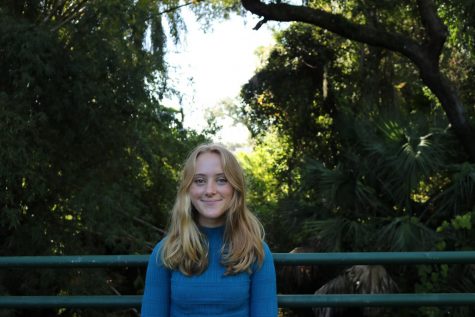
Sanna is a senior at Saint Stephen's and is returning to the Gauntlet for her third year. She is serving as an Associate Editor this year. She enjoys listening...
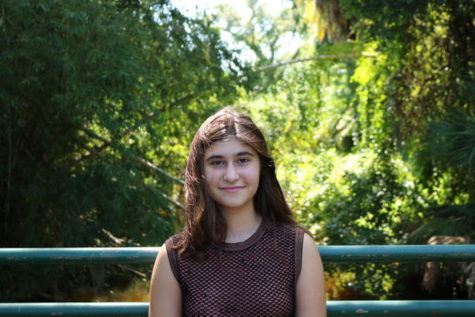
Evanthia is a third-year Creative Director on The Gauntlet. She is a senior here at Saint Stephen's and likes drawing, playing Genshin Impact, and hanging...


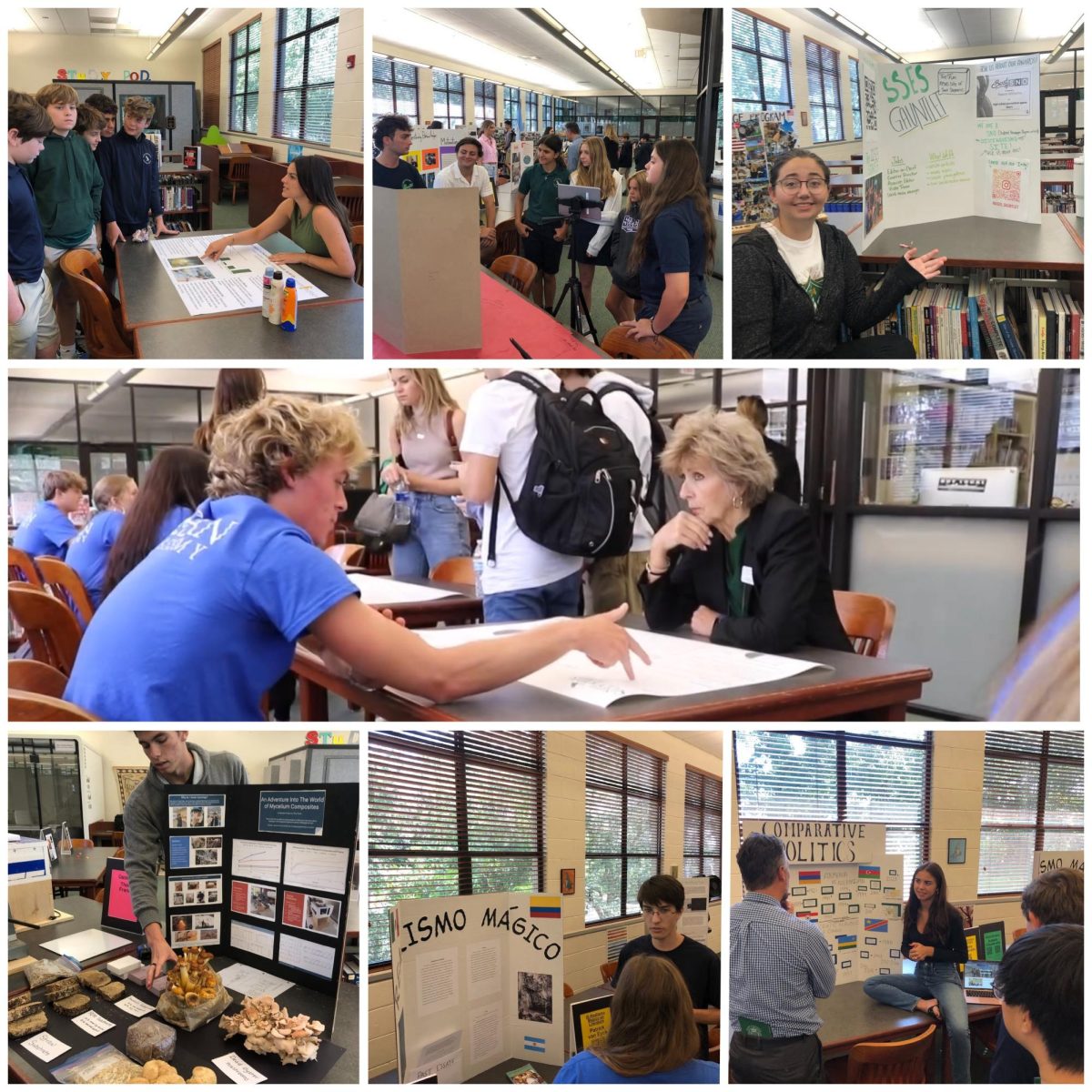
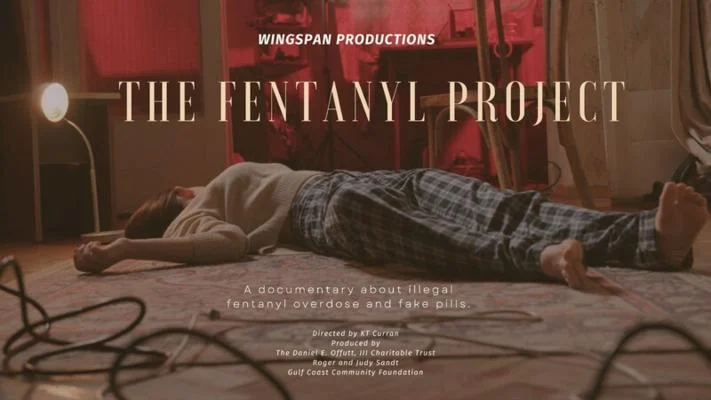


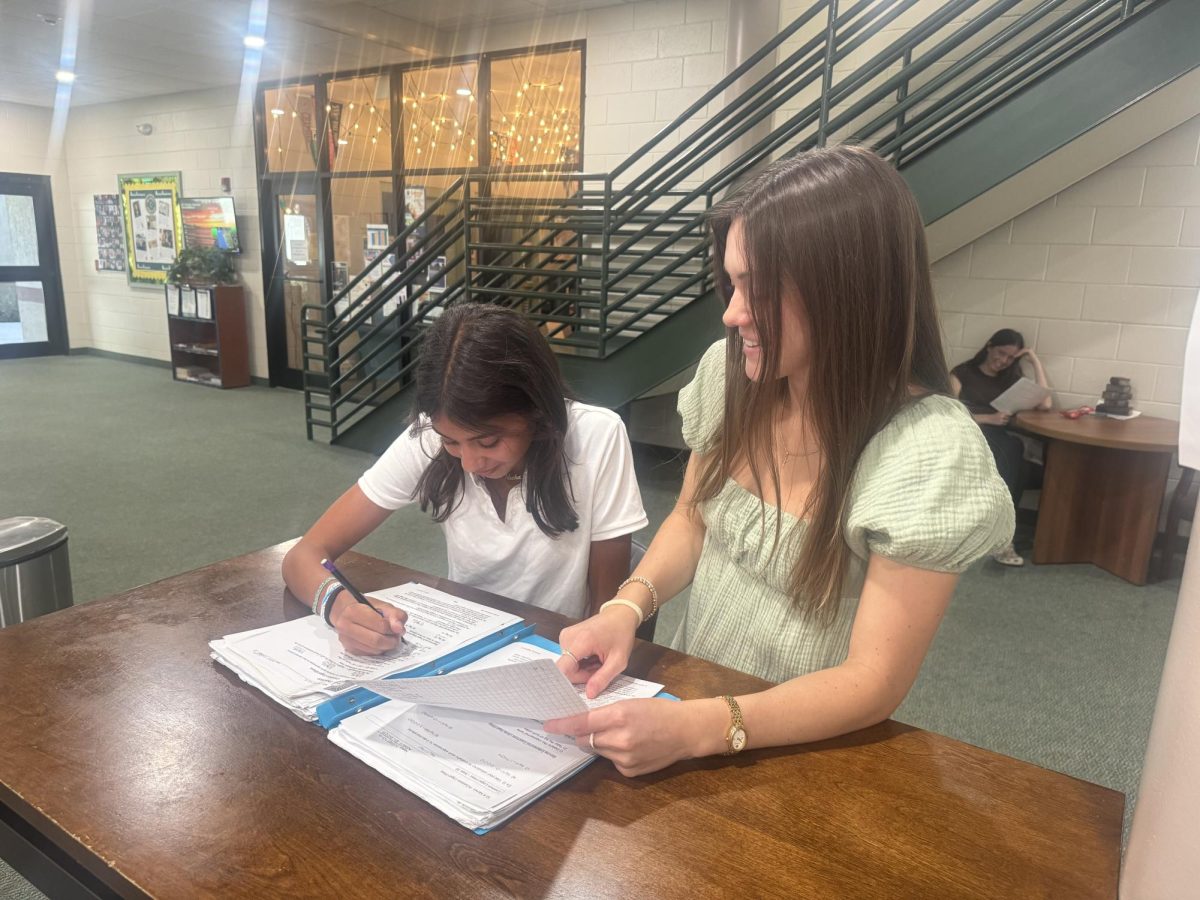
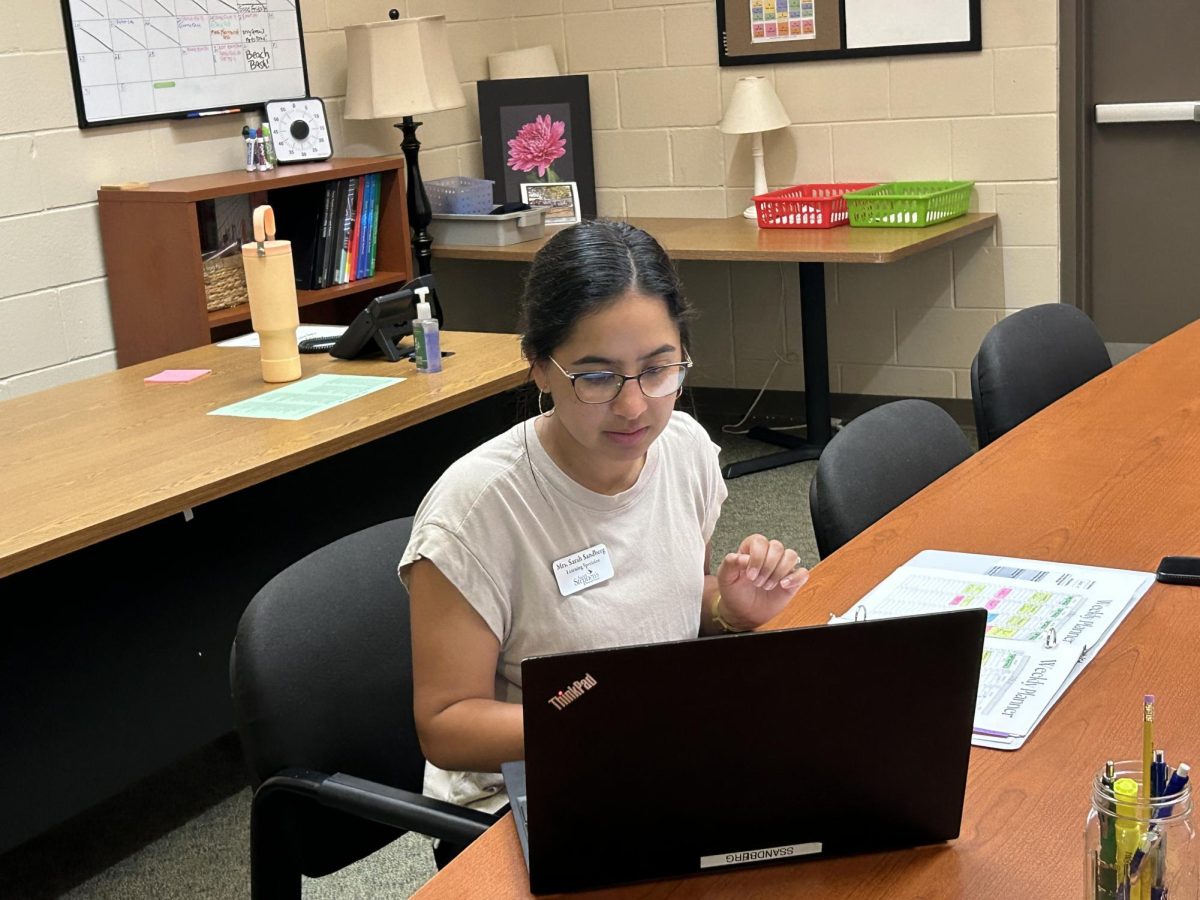























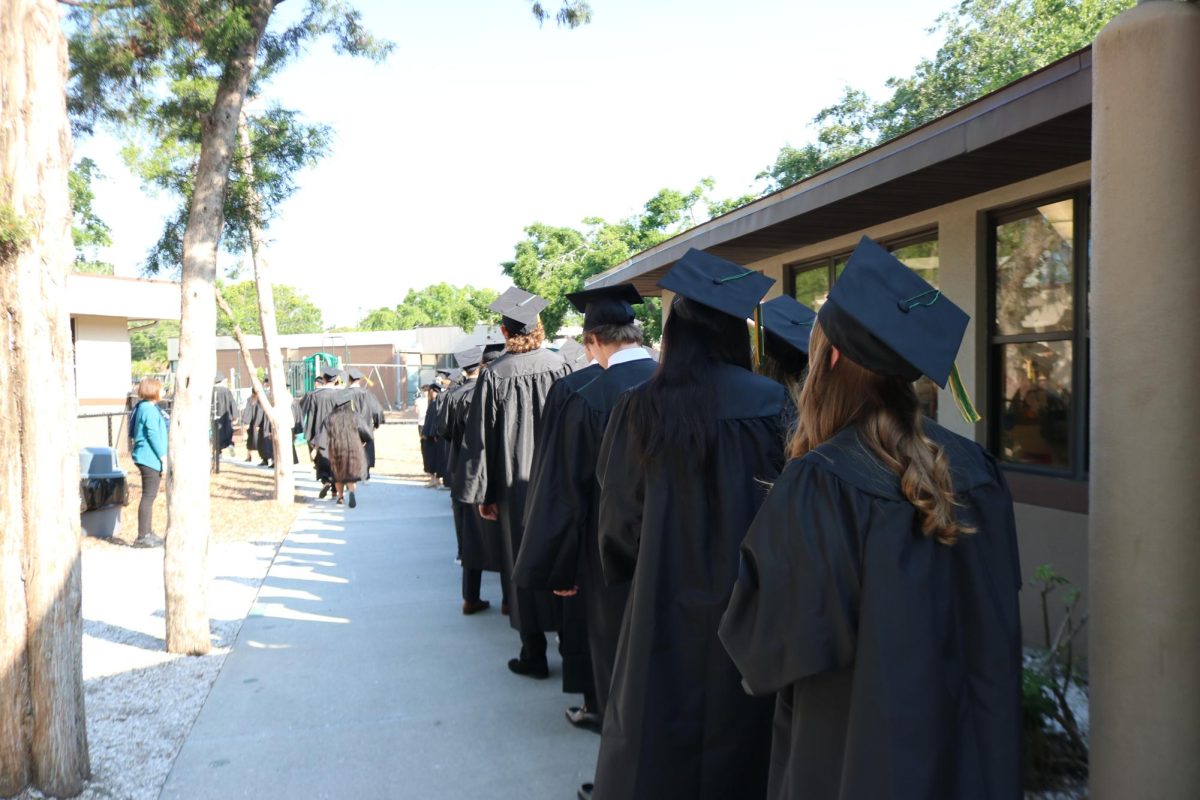
















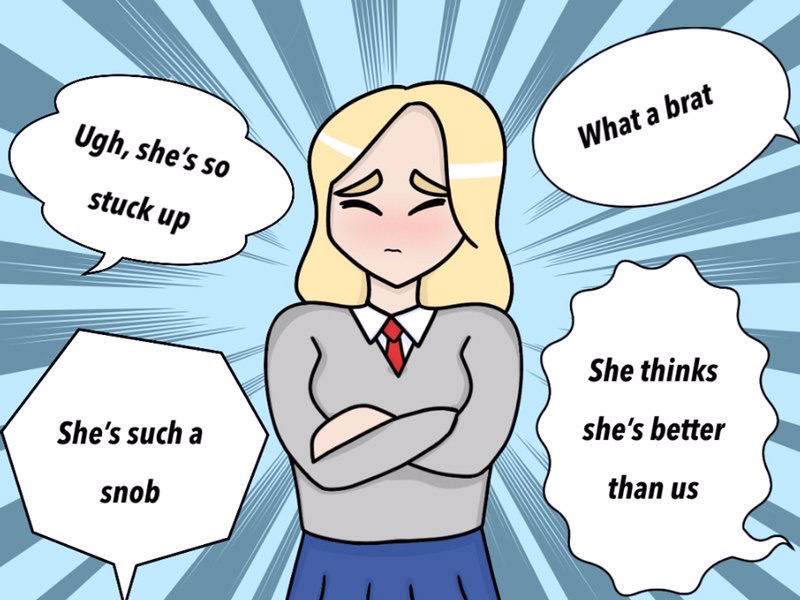
Anonymous • Oct 29, 2019 at 7:18 pm
This is an excellent article, Sanna! Extremely well-written. Love this idea, as I, too have experienced these stereotypes, and find the overall topic important for people to learn about. I did not know those statistics; thanks for doing your research!!